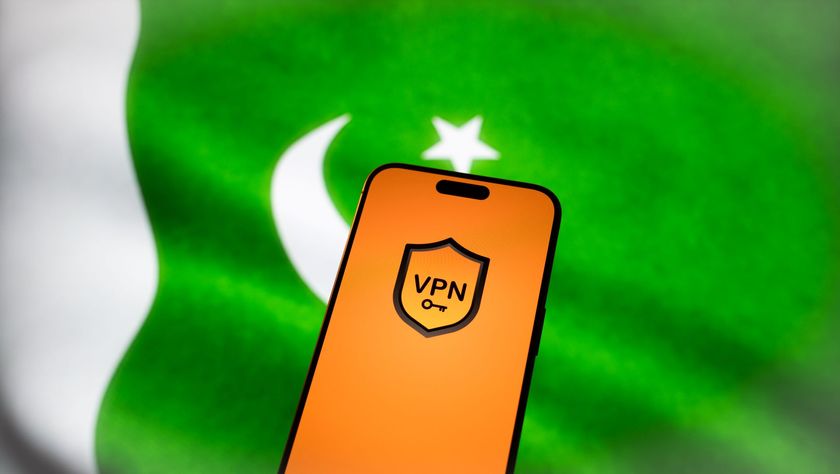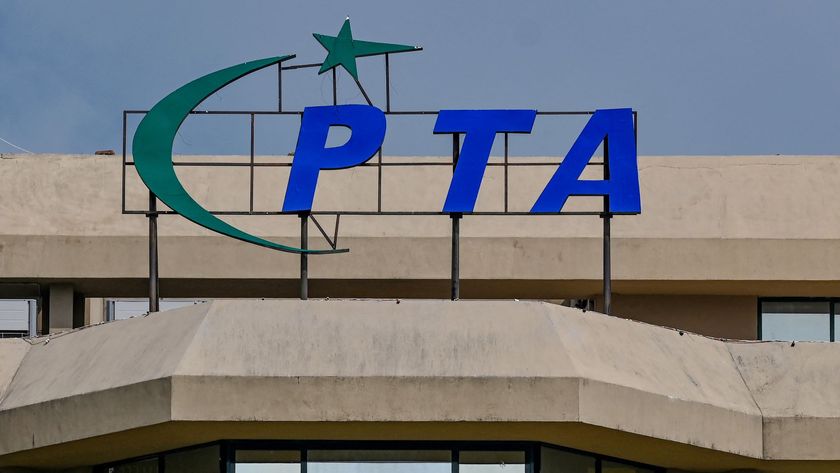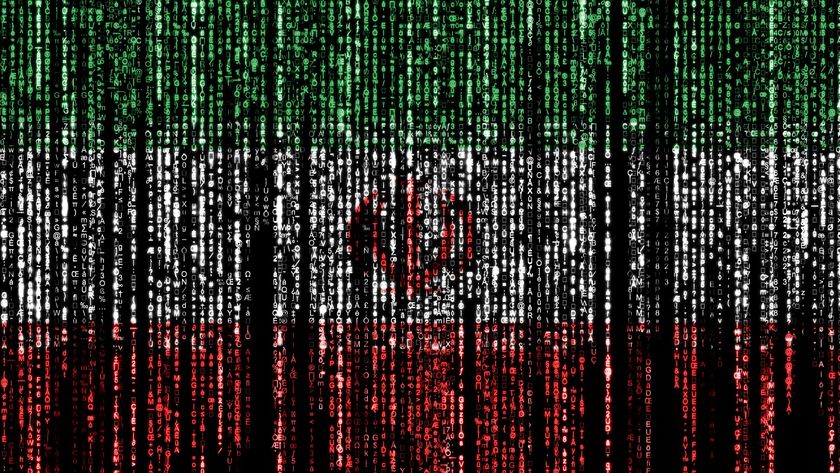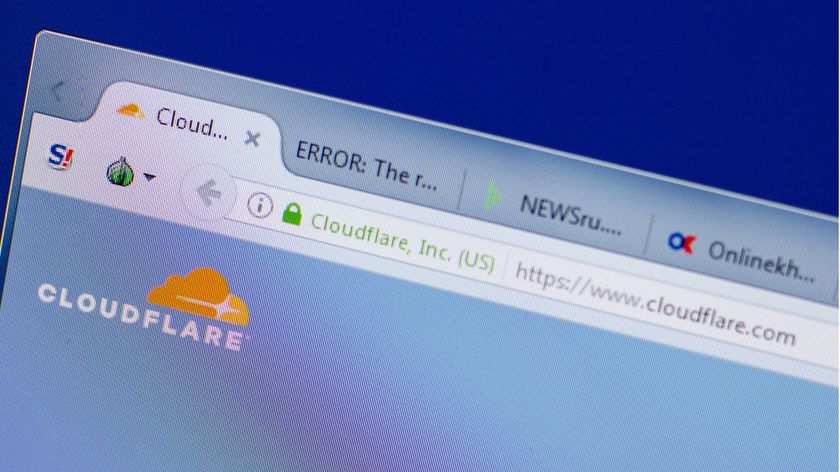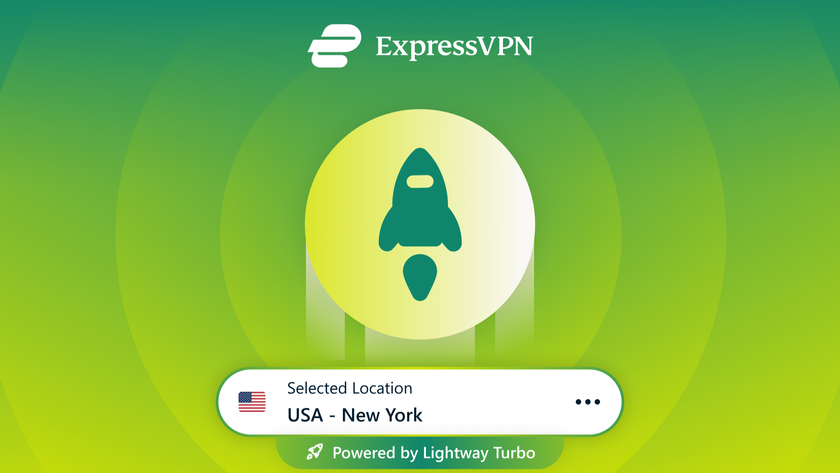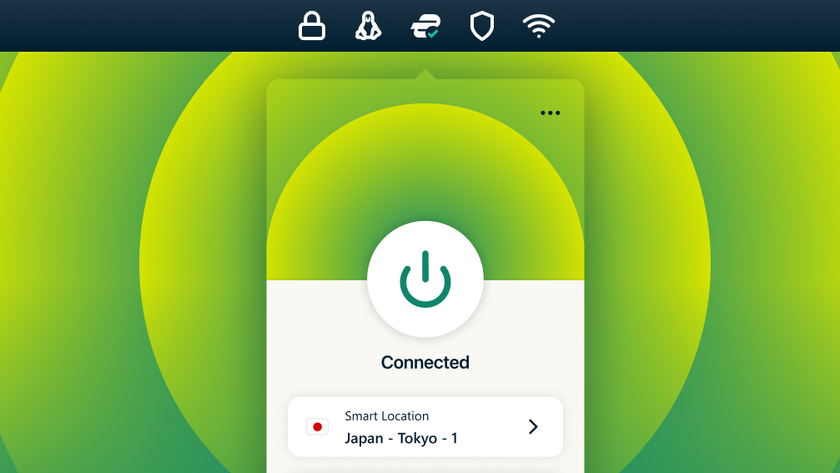Using a VPN is "against Islamic law" says Pakistan religious chief
The debate around the use of VPNs in Pakistan intensifies
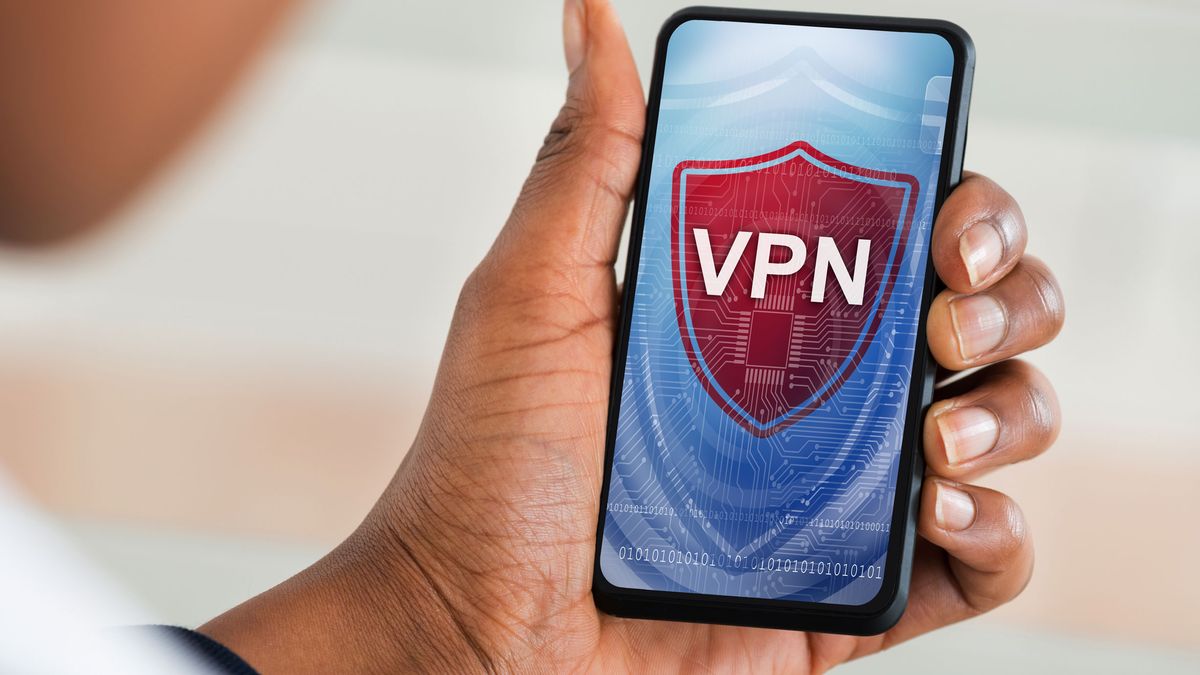
Pakistan's top religious body has said that using a VPN service to access blocked content goes against Shariah, the Islamic law.
The statement from the country's constitutional body for legal advice on Islamic matters described their responsibility to prevent the "spread of evil", according to the report from the Associated Press.
Pakistan's residents have increasingly turned to virtual private network (VPN) software as a way to access X which has been blocked since February.
Authorities announced plans to regulate the use of VPNs back in August. While the debate is still ongoing on whether or not commercial VPNs should also be blocked – the Pakistani English-speaking publication Dawn reported – businesses and freelancers have time until November 30, 2024, to register their service and avoid disruptions.
The Pakistan VPN debate
"Using VPNs to access blocked or illegal content is against Islamic and social norms, therefore, their use is not acceptable under Islamic law," reads the official statement released on Friday, November 15, quoting the Council of Islamic Ideology’s chairman Raghib Naeemi – Voice of America reported.
The statement also notes that any technology used to access "immoral or illegal activities is prohibited according to Islamic principles," the internet included. Illegal content includes "immoral and porn websites or websites that spread anarchy through disinformation."
On the same day, also the Ministry of Interior spoke out against VPN usage.
In a letter sent to the Pakistan Telecommunication Authority (PTA), he calls to block all "illegal" VPNs, claiming that terrorists use these tools "to facilitate violent activities and financial transactions in Pakistan."

On Sunday, November 9, 2024, people in Pakistan lamented issues accessing their VPN apps throughout the day, in what looked like the beginning of the crackdown on "unregistered" VPNs. Authorities confirmed this to be a "brief technical glitch," while reiterating the need to register their service to avoid further disruptions.
The best VPN providers have been recording an increase in usage from citizens in Pakistan this year as people try to keep accessing X and other blocked content online. This is because such security software spoofs a user's real IP address location to grant access to otherwise geo-restricted content while encrypting internet connection to boost online anonymity.
At times, VPNs have also become a target as authorities seek to prevent people from using these services to bypass government-imposed restrictions.
As Dawn reported, though, VPN usage is still permitted in Pakistan for legitimate purposes. These include banking, foreign missions, corporate enterprises, universities, IT companies, call centers, and freelance professionals.
Authorities are now urging companies and freelance workers operating in the aforementioned sectors to complete the VPN registration with PTA by the end of the month. Failing to do that could mean further service interruptions in the future.
While it isn't clear yet how the blocking will work in practice, the new legislation aims to curb VPN misuse and security risks. Authorities deemed unregistered VPNs a "security risk" for Pakistan as they can be used to access "sensitive data."
Yet, at the same time, internet experts also believe that the increase in censorship is the main cause of the decline of the country's internet, with VPNs remaining the best tool to keep accessing the free web.

Chiara is a multimedia journalist committed to covering stories to help promote the rights and denounce the abuses of the digital side of life – wherever cybersecurity, markets, and politics tangle up. She writes news, interviews, and analysis on data privacy, online censorship, digital rights, cybercrime, and security software, with a special focus on VPNs, for TechRadar and TechRadar Pro. Got a story, tip-off, or something tech-interesting to say? Reach out to chiara.castro@futurenet.com
